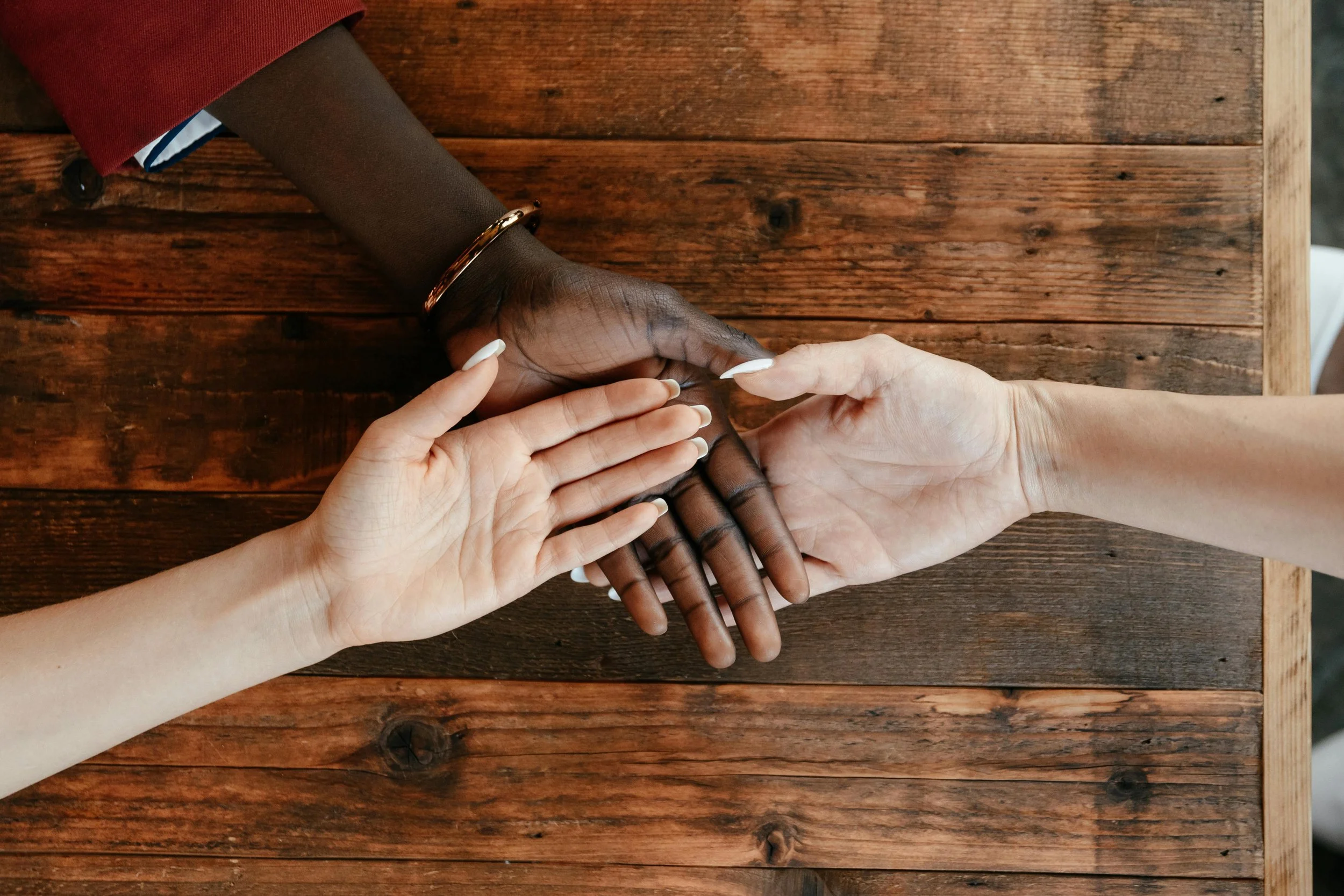
Our work is driven by the children, teens, adults and families we serve – those navigating life with neurodiversity.
This is Hannah’s story – one of the real-life experiences that inspired us to create our school and family centre. Now 20 years old, Hannah has spent most of her life battling an education system that wasn’t built for her. This is her journey through its challenges, setbacks, and how she found her own way forward.
Hannah’s Story
Finding out I was neurodivergent was a really strange mix of emotions. At first, I felt pure joy – finally realising I wasn’t ‘stupid’, like I’d so often been called, but just different. But that joy quickly turned to fear when I realised I still had another five years of school, being misunderstood and looked down on. Even with a diagnosis, many teachers didn’t know how to support me and would quickly lose patience. One even went as far as locking me in a storage room until I ‘learnt’ the work.
On tough days, school felt like a minefield of sensory overload – itchy uniforms, harsh LED lights, deafening dinner bells, crowded, noisy corridors – and being made to answer questions when I didn’t feel able to speak. In the later years, I found small ways to cope: loop earplugs, a toilet pass so I could escape for a few minutes, and on the really hard days, I’d even hide my favourite teddy in my bag to secretly hold… right through college.
School was always my least favourite place growing up. Even just driving past the building would fill me with anxiety. Everything about it was structured around neurotypical expectations, and although I got by for a long time through masking, it all came crashing down the moment I got home. I’d be too overwhelmed to go to extracurriculars, end up self-harming, or sobbing over tiny things in my room. By the time I reached college, I often couldn’t even get through the day – hiding in toilets crying or calling my parents to pick me up early. On the outside I might have looked like I was coping, but inside it felt like I was being run over and then expected to carry on like nothing had happened.
My attendance throughout school and college was terrible. People joked that I was always “ill” on Mondays, but it wasn’t a joke to me. Every Sunday night, the thought of going back to school caused so much anxiety that I’d wake up with physical symptoms – shivers, stomach aches, sore throats – as if my body was trying to protect me from having to go through it all again.
Secondary school was especially hard. People assumed I was old enough not to need help, and when my mum asked for small, reasonable accommodations, they were brushed off as overprotective or put in place briefly and then forgotten. Because I worked so hard to appear “fine,” answering every “Are you okay?” with “Yes, thank you,” I was rarely taken seriously. I was scared to say otherwise in case I was seen as difficult. Being in an environment that wasn’t designed for me massively affected my ability to learn. I struggled to keep up and often needed things repeated – but after a while, asking for help just led to being told off in front of the class for “not listening properly.” So, I stopped asking. No matter how hard I tried, it never felt good enough.
To cope, I developed my own rituals. I wouldn’t talk to anyone and would hide away in dark corners – behind the sofa or under the bed – with an iPad, a book, and my weighted blanket, shutting out the world until I felt like myself again. Other times I’d go on long walks daydreaming to music.
In the first year of college, when I had the right support – clear instructions, regular check-ins, and conversations where I wasn’t judged for being confused – I was getting A*s. But in the second year, when that support disappeared, my grades dropped to Cs and Ds.
I don’t think I ever got the emotional or mental health support I really needed at school. Even when I clearly said that my struggles were linked to ADHD or autism, the school counsellor would dismiss it and tell me I was fine – that there wasn’t really anything wrong.
As I got older, friendships became harder too. It might take specialists months to diagnose you as ‘different’, but it only takes one conversation for your peers to figure it out – and treat you accordingly. Until I left education, I don’t think I had a single friend who treated me with kindness. Most laughed behind my back or locked me in cupboards ‘for a laugh’. I never felt like a “real” teenager, more like a pretend version of one. It was almost impossible to socialise with my peers because they always seemed so much older than me. Most of the time, I felt like I was trapped inside a glass box that no one else could see or understand. School was the most isolating place I’ve ever known.
Before I had a diagnosis, teachers and even my parents would say things like, “I know you’re smart – are you just acting stupid on purpose?” or “Why aren’t you even trying?” I wish they’d understood just how hard I was trying – how much effort it took just to keep up the appearance of being okay. Now that I’ve left education, I know I’m smart and creative. But when all your energy goes into fitting into a system that wasn’t made for you, there's nothing left to actually thrive. If I’d had the chance to truly be myself, I could’ve shown that I was so much more than what they made me out to be.
My mum has always been in my corner. She’s stood up to CAHMS workers for using outdated, male-biased autism assessments, emailed teachers endlessly, and fought for my needs every step of the way. Most importantly, she’s always accepted me exactly as I am and never made me feel like I was “too much.” She gave me the freedom to do what I needed to feel okay.
Now, at the age of 20, life has taken a turn for the better – so much has changed, and I’m finally in a more hopeful and positive chapter. Acting has been my lifelong special interest. I’ve always been able to memorise lines quickly and slip in and out of characters in an instant – and I truly believe that comes from my neurodivergence. Even at the height of my social anxiety at age 8, I could still stand on a stage in front of hundreds and act my heart out. On that stage, I didn’t have to be “weird, quiet Hannah.” I could be anyone I wanted – completely free from judgement. When I’m learning in a way that suits me and doing something that sparks dopamine, I finally feel like myself.
Now, I have friends who truly understand and love me for who I am. And recently, I had a moment that made me realise just how far I’ve come. I saw a casting call for a play on the same day auditions were happening. I phoned the company, arranged a time, went there by myself, performed a monologue – and got the part. Only afterwards did it hit me: just a few months ago, I wouldn’t have managed that. Going alone, doing something unplanned without time to mentally prepare – none of that would’ve been possible. To most people, it might seem like something any teenager could do. But to me, it felt like performing on Broadway.
Since I started school, I think the education system has made progress in supporting neurodivergent students – but there’s still a long way to go. And honestly, I don’t believe it will ever truly get there unless teachers set aside their assumptions and genuinely listen to the young people they’re trying to support. Society can’t fully understand neurodivergence if it keeps relying on neurotypicals to explain things they’ve never experienced themselves.
If I could say one thing to a teenager who’s just found out they’re neurodivergent, it would be this…..
“Stand up for yourself. You are not broken, and you are not ‘too much’ - you are different, and that’s okay. Don’t let yourself be overlooked. Fight for the support you deserve and remember… you are so much more than the grades you get in exams no one helped you prepare for!”

